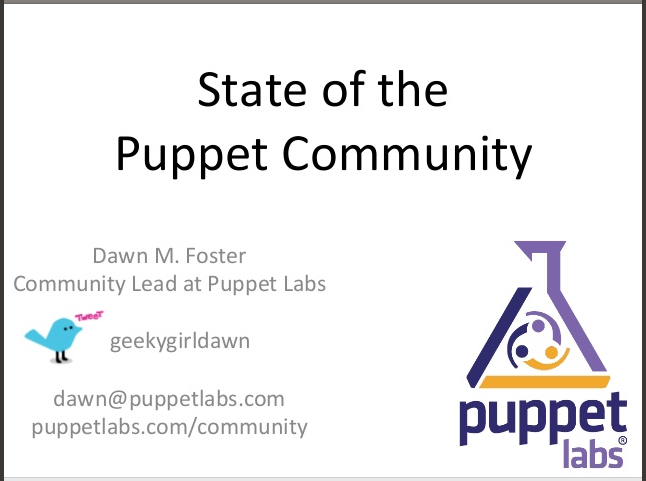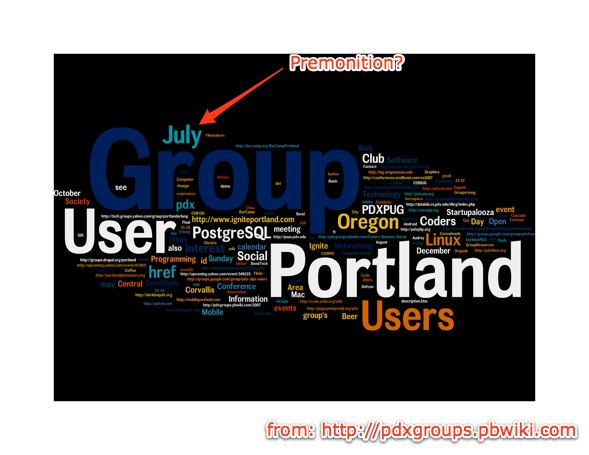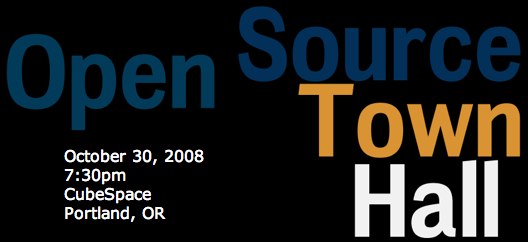Many of you probably know that I’ve spent the past week in Belgium for Puppet Camp Ghent and FOSDEM. I’ll be writing a blog post on the Puppet Labs blog later this week to talk about Puppet Camp Ghent, but I wanted to at least get my presentations out here while I finished writing the longer post.
Puppet Camp Ghent was amazing. I saw a few old friends and connected in person with quite a few community members that I had not yet met in person. Overall, I was very happy with the event, and the people at HoGent were great hosts. There were so many amazing presentations, and we’re getting them uploaded to the Puppet Camp page as soon as we get the slides from the speakers. Here is the presentation that I delivered on the State of the Puppet Community.
I had an amazing time at FOSDEM, too. I helped facilitate the Configuration / Systems Management DevRoom on Saturday along with a DevRoom dinner that evening. I love working in such a collaborative industry. The DevRoom and the dinner were organized collaboratively with our primary competitors, but we all worked together to pull it off in a way that benefited the industry. Aside from the DevRoom, I got to see a lot of old friends and had a great time!
At FOSDEM, I also gave a short version of my Open Source Community Metrics talk. If you are interested in open source metrics, you might rather look at the longer version that I presented at LinuxCon Barcelona in November. I also had a great conversation from Jesus at Bitgeria, and they are doing some awesome stuff with open source community metrics that you should look at if you are interested in metrics.
Next on my agenda are trips to Stockholm, Sweden and Oslo, Norway for two more Puppet Camps in the next two weeks before heading back home to Portland.


 Today at Open Source Bridge, I’ll be leading a session about
Today at Open Source Bridge, I’ll be leading a session about 

 Are you going to be in Portland on July 21st (the Monday of OSCON)? If so, you won’t want to miss
Are you going to be in Portland on July 21st (the Monday of OSCON)? If so, you won’t want to miss